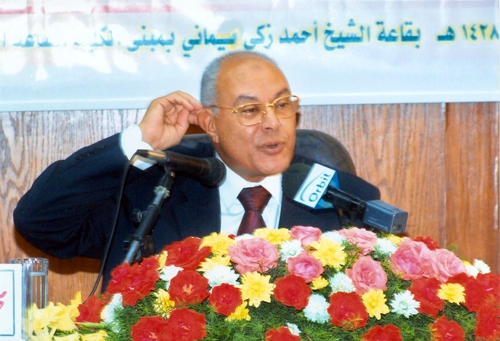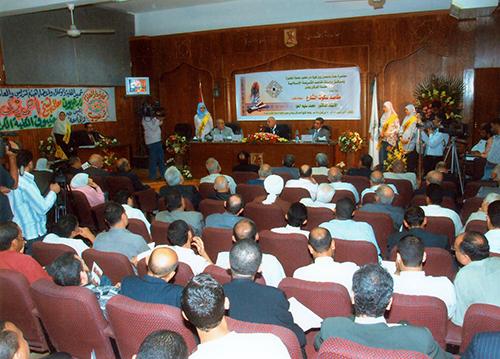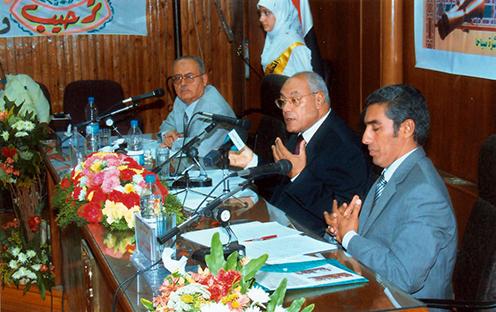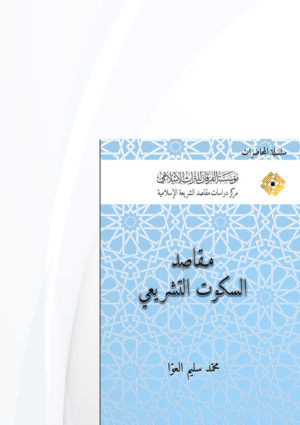In this lecture, delivered in the Faculty of Dár al-Ulum at Cairo University on 30th of October 2007, Professor Mohammad Salim al-Awwa discussed the meaning, purposes and higher objectives of tacit / unspoken evidence in the Islamic law (maqasid al-sukut al-tashri’i), recommending that society should be educated on this subject.Professor Mohammad Salim al-Awwa

After mentioning the classic definition of the ‘sukut’ (silence), Professor al-Awwa explained that his lecture deals with sukut in terms of God, or the Legislator (al-Shari’), rather then the individual or the subject (mukallaf).

Then, Professor al-Awwa suggested seven different purposes for that ‘sukut’ (silence), which are:
- Mercy from God, which is a general purpose that encompasses other purposes
- Alleviating suffering and hardship
- Protecting order in the society
- Avoiding confusion and mischief
- Protecting rights assumed according to certain traditions
- Encouraging good and forbidding immorality
- Giving people the freedom to decide how to organise their lives.

Professor al-Awwa explained each purpose and offered examples, especially when he addressed the last purpose, which he affirmed is the most important, since it strongly relates to people’s everyday political, economical and social interests. This lecture was attended by many faculty members and students of Cairo University.


